Teaching English abroad is not only a rewarding job but also a fantastic way to immerse yourself in a new culture, travel the world, and get paid. Today, we have caught up with Kirsty at World for a Girl, who has previously taught English in Spain. She gives us the ins and outs of life in Melilla and what it’s like to TEFL in Spain.
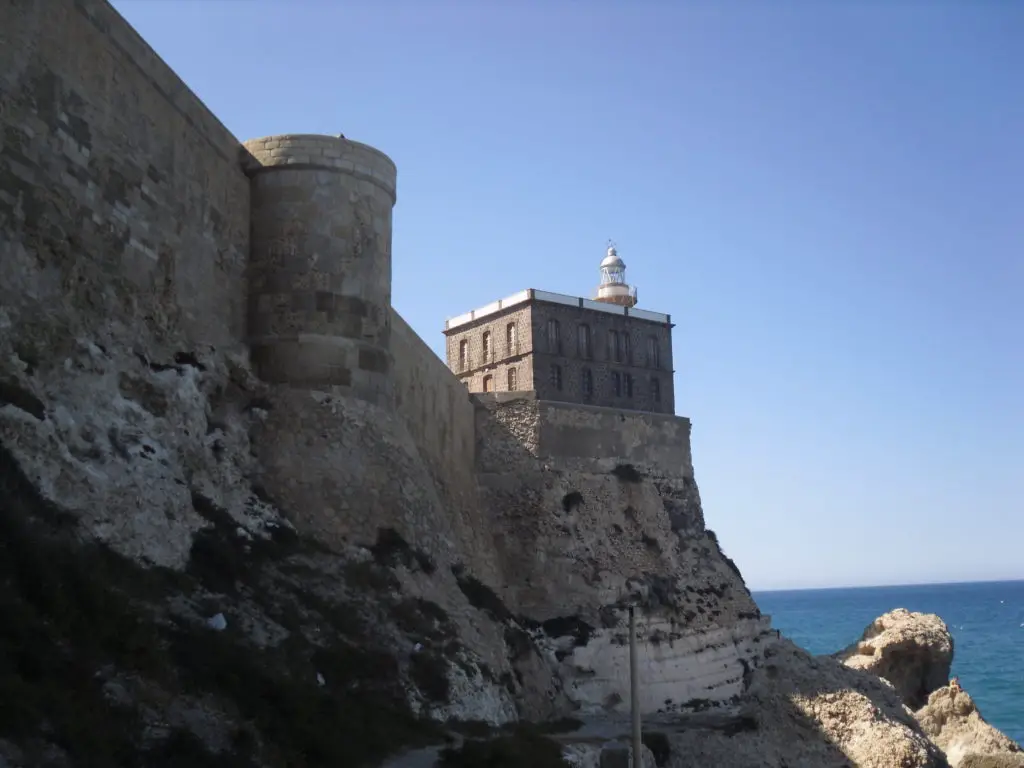
Disclosure: Untold Wanderlust contains affiliate links. If you click on these links and make a purchase, we will earn a small commission at no extra cost to you. You can find our full disclosure policy and privacy policy here.
Country specifics and general TEFL info
Which country are you teaching in/ have taught in?
I’ve taught English overseas in several countries including South Korea and Slovenia. I chose to teach in Spain because of the location of a particular language school. The language school was in Melilla. Melilla is a fascinating city because although it is Spanish, and in the EU, it is actually located on the continent of Africa. The city is surrounded by Morocco and the Mediterranean Sea.
Is a TEFL certification needed to teach in Spain?
Yes, you will need a TEFL or CELTA certificate and you will probably need an EU passport as well. Many schools also require a degree.
What is the best thing about living in Melilla, Spain?
Melilla is so small that everywhere is walkable. You can walk to work, to the beach and to the park. You can even walk to the border and walk into Morocco!
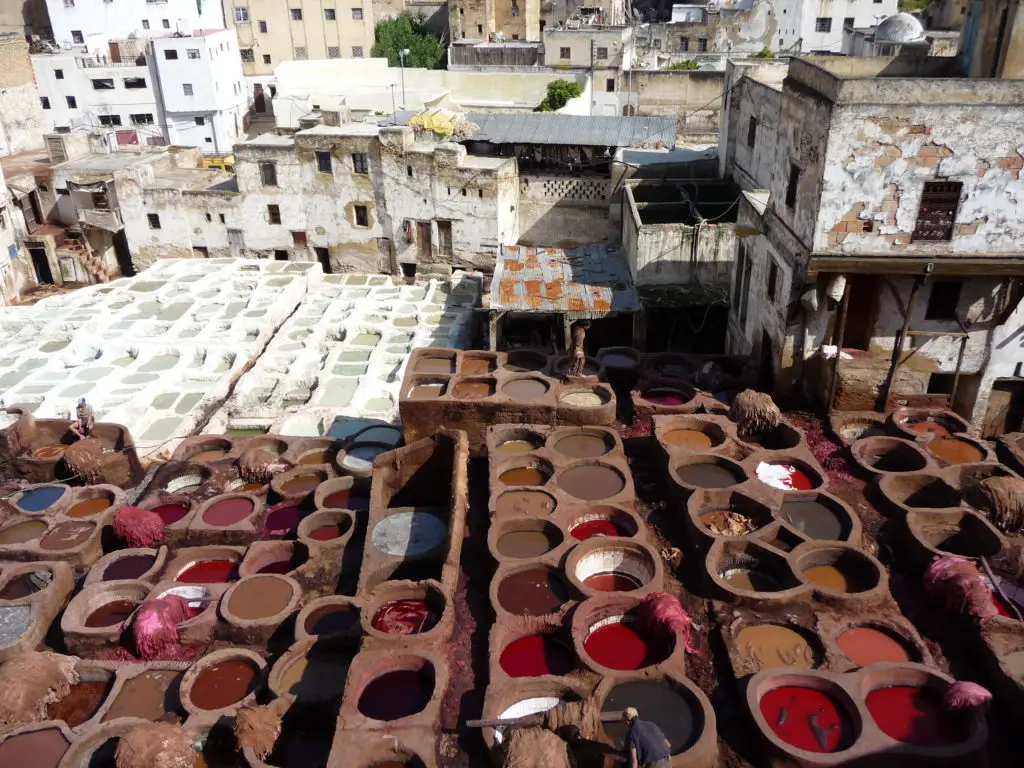
What is the worst thing about living in Melilla, Spain?
The lights on the hills. I know this seems weird but around Melilla are Moroccan hills overlooking the city. Every night, you could see hundreds of tiny lights. Once I asked a man I knew who worked with asylum seekers and refugees what these lights were. He explained that these lights were the campfires of hundreds of groups of migrants camped out in the cold mountains. They were all waiting for the chance to ‘sneak’ into Melilla or take the perilous and dangerous across the Mediterranean Sea to Spain. It was heart-reaching to see these lights each night and read about tragedies at sea in the papers the next day.
Is there a big ex-pat community? Is it easy to make friends?
Melilla is a small city with only 86,000 people who are isolated from the mainland. There are not many ex-pats around. I became friends with many of the other English teachers. We also spent a lot of time with locals who we met.
How much do TEFL teachers make in Spain? What is the cost of living?
The average monthly salary for TEFL in Spain is around 1,300 Euros. Melilla isn’t a particularly expensive place to live. When I was there residents (including myself) were given 50% off air and ferry tickets to mainland Spain. Melilla is also one of the few places in Spain where tapas is still given free at bars when you purchase a drink. This made for cheap meals out. My rent was around 350 euros per month in a shared apartment away from the beach. Food prices were similar to mainland Spain but varied depending on the type of restaurant.
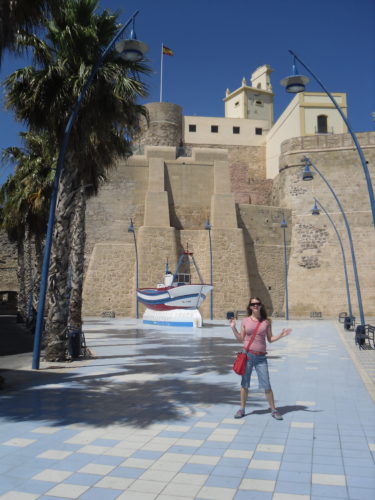
Making the move to TEFL in Spain
How did you find TEFL jobs in Spain?
I found work in Spain through the website Dave’s EFL cafe. This is a major and long-established site where teachers can find teaching jobs in Spain and in other countries too.
How did you find your accommodation?
The school sorted out accommodation for me initially. I later found a room in a shared flat with friends.
What did you do to prepare to move abroad?
Moving overseas is the easy part. The difficult part is the first few weeks. Luckily, the school in Spain was very helpful and helped me set up bank accounts, register as a resident and so on. Be prepared to be very tired and spend a lot of time dealing with red tape.
Did you get culture shock? How did you overcome this?
The biggest shock at first was everything closing down all afternoon. I’m from the UK where everything is open at least 9-5 pm. In Melilla, supermarkets, shops and banks would close for a siesta. I had to completely adjust my body clock and schedule.
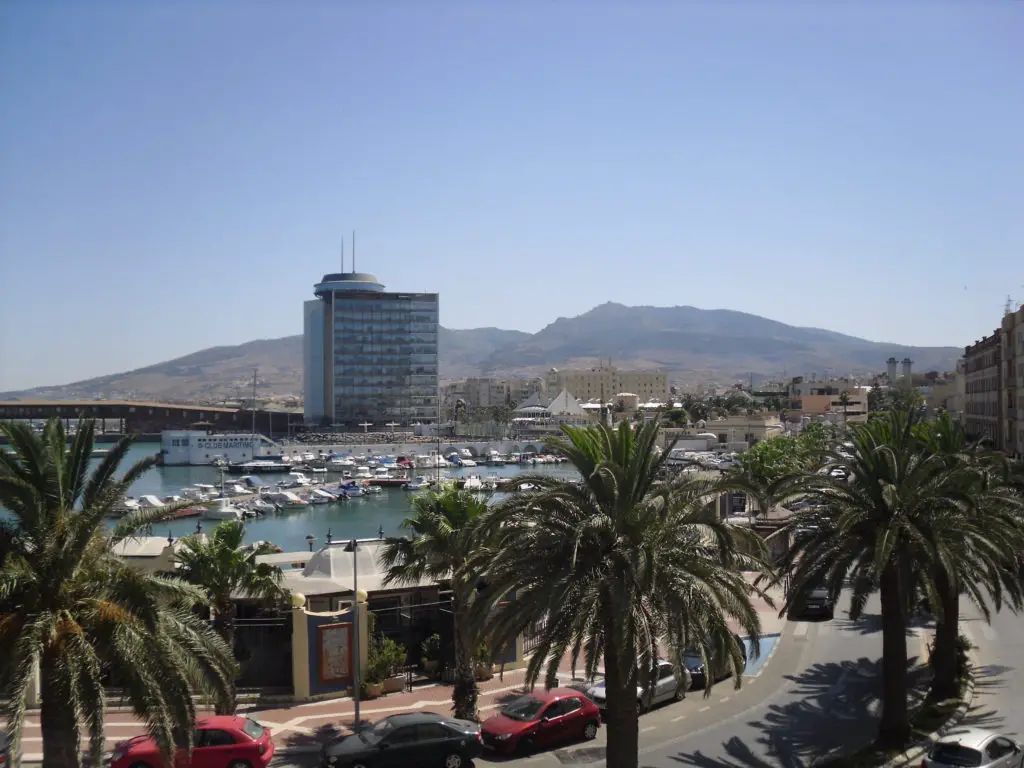
In the classroom
Which grade(s) do you teach?
I taught kindergarten, elementary school children, high school and even a 1:1 adult class.
On average how many students are in the class?
Around 10-12 children in each class. Less in older and adult classes.
What classroom materials and tools are available?
There was a teacher’s prep room where we had access to textbooks, lesson plans, a photocopier and computers. In the kindergarten classroom, there were more props and art materials.
What is your favourite classroom game?
I had a game that I played with older students. I can’t remember the name, but teams had to bet imaginary money on whether or not a sentence was grammatically correct.
Do you have any funny experiences from teaching?
I remember reading an amusing poem to an elementary class. The children loved the way I was using my intonation to read the poem. They thought it was really funny the way I was stressing certain syllables. From then on, that particular class spoke to me in silly sing-song voices.
What is it like to teach English in Spain?
What is a typical workweek like for an English teacher in Spain?
Working in Spain was really interesting because I’d go in and prep every morning for 1-2 hours in the staff room. Then at 11.30 ish, the school would close down and everyone would go home for lunch and siesta. Classes didn’t start until 4 pm. Some evenings, I’d be teaching until 9.30 pm. Work was only Monday to Friday, so we’d go to the beach or pop over to Morocco at the weekend.
What do you like to do when you weren’t teaching?
I loved wandering along the waterfront. It was wonderful to have a beach right on my doorstep. I, also, loved the tapas/bar life in Melilla. It was very relaxed and mostly al fresco.
Did you have any bad experiences whilst teaching in Melilla?
Not really but I did have a Moroccan child in my class who was getting bullied by some of the Spanish boys. My Spanish was very limited, but I had a good idea of what was going on. Fortunately, when I told the headteacher and he was very helpful and sorted out some issues between the boys.
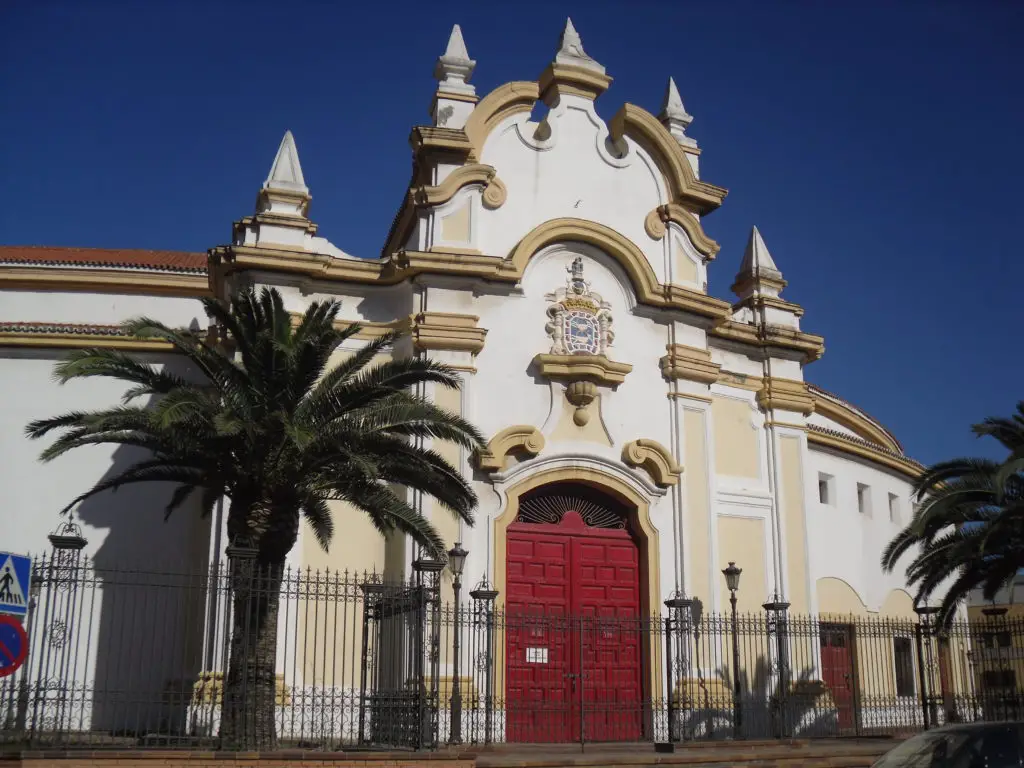
What is the most rewarding part of your job?
I can’t decide if it was building bonds with the adult learners and seeing them progress or seeing the younger children have so much fun language learning.
What advice would you give to someone thinking about teaching in Melilla, Spain?
Go for it! The quality of life is fantastic, and the experience will be unforgettable. If you can try and find other teachers on forums who have worked there. The TEFL teaching world might be global but it is, in fact, quite a small and close-knit community. People will be willing to help you and tell you their honest opinions if you ask.
What is the most rewarding part of your job?
I can’t decide if it was building bonds with the adult learners and seeing them progress or seeing the younger children have so much fun language learning.
Still unsure of what you need to teach English abroad? Check out our post to find out the requirements of teaching abroad.
Meet the guest blogger, Kirsty
I’m a British family travel blogger currently living in sunny Malaysia. I’ve travelled to over 100 countries including over 20 with my two young children. My blog focuses on honest family travel with a twist of feminism exploring women’s history, rights and stories around the world. I have taught overseas in Slovenia, South Korea, Spain and Malaysia.
Website Blog: World for a Girl
Facebook handle: @worldforagirl
Like this post? Pin it!

